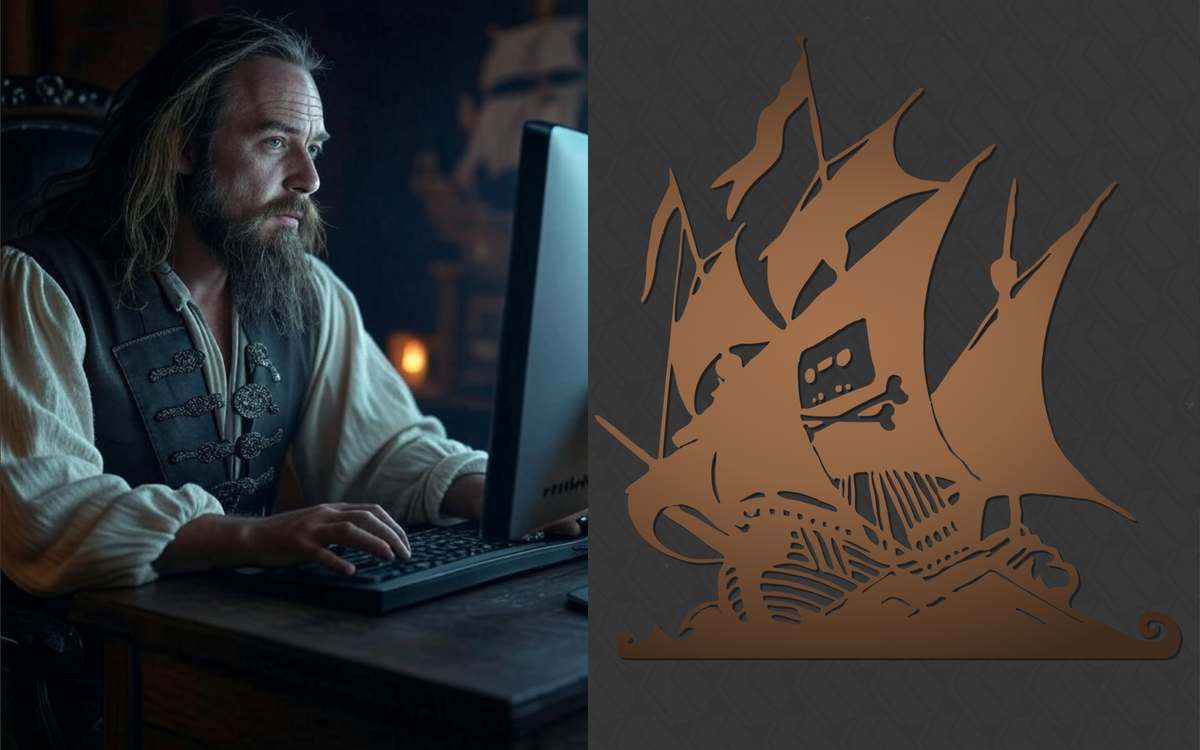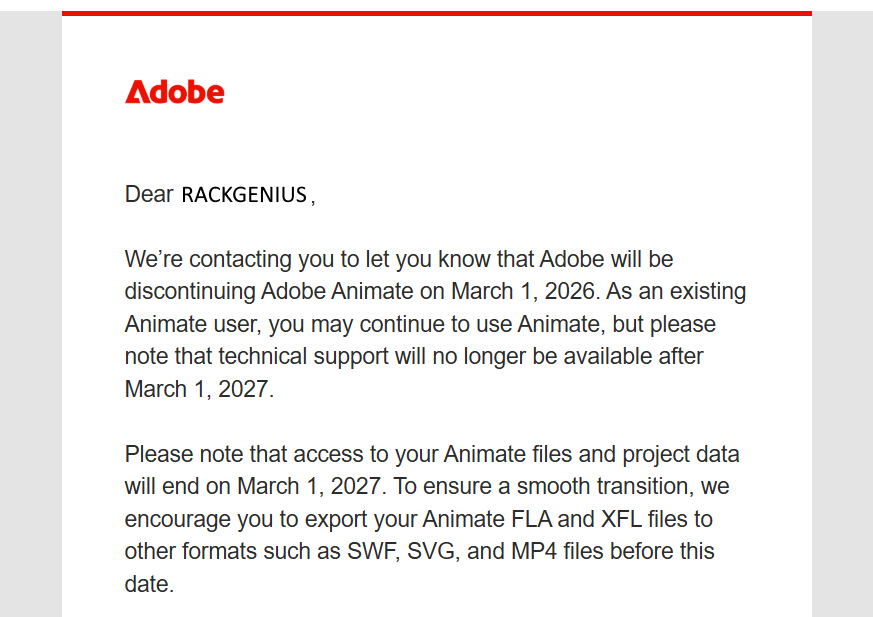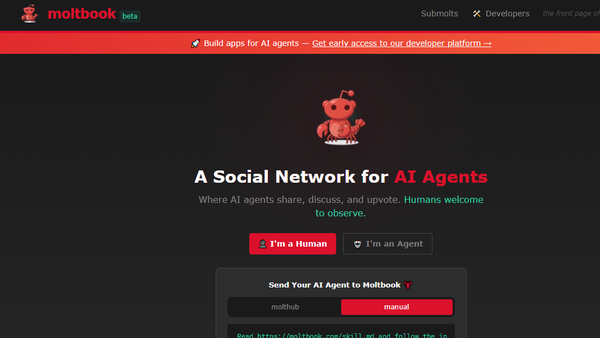Why Piracy Isn’t Just for Hackers Anymore (And What That Says About the Internet Today)

Let’s start with the obvious. No, we don’t support piracy. But let’s not act like it’s some mystery why people do it.
In the last few years, piracy has gone from something sketchy that people kept quiet about to something that’s honestly just part of how the internet works now. TV shows, movies, games, software, you name it. People are pirating more than ever. And the reason isn’t that people just want free stuff. It’s that the official ways of accessing things keep getting worse.
In some cases, even the creators behind these things seem to get it. Meanwhile, the companies in charge are making it harder and more expensive for people to legally access content and tools. That’s the real issue.
Streaming Used to Be the Solution
When streaming first took off, it actually felt like piracy might disappear. You could watch just about anything for ten bucks a month, with no ads and no cable bill. It was simple.
Then everything got split up. Now we’ve got six different services, each with their own exclusive content, and they all want their own subscription. On top of that, prices keep going up, shows are getting removed without warning, and ad-supported plans are creeping in.
At this point, the “legal” way to watch something is more confusing, more expensive, and less reliable than ever. So people go looking for another option.
Some Developers Are Just Being Honest About It
In the gaming world, a few indie developers have openly said they understand if someone pirates their game because they can’t afford it. They aren’t encouraging it, but they get the bigger picture. If someone wants to play their game but doesn’t have the money, they would rather the person play it anyway than miss out completely.
It’s rare, but it shows how different things are now. A lot of people aren’t pirating just to be cheap. They’re doing it because the system is broken.
Adobe Flash CS6 Was Discontinued, But We Still Needed It
Years ago, I helped lead creative direction on a Club Penguin private server project. It wasn’t about coding; it was about guiding a team of people to build something fun for thousands of fans.
To create new digital assets and content, we relied on Adobe Flash CS6. The problem is, Adobe discontinued Flash CS6 and later the entire Flash platform, and there was no affordable or easy way to legally access the software at the time. Adobe didn’t offer discounted versions for creators like us, and the Creative Cloud subscription model wasn’t around yet.
Without access to that software, we simply couldn’t build or expand the project. Today, Adobe Creative Cloud only makes it harder. The subscription prices keep going up every year, and if you stop paying, you lose access—not just to the programs, but to your own files.
It’s frustrating, and it pushes people toward alternative solutions that aren’t always legal.
Warner Bros. Deleted Its Own History
It’s not just games or software. Streaming platforms are deleting history right in front of us.
A while ago, Warner Bros. removed almost 300 classic Looney Tunes episodes from streaming. That’s the kind of content that literally built WB’s legacy in animation. Gone with no warning. And unless you happen to own the physical DVDs, there’s no legal way to access them anymore.
It’s the same with a lot of other shows and movies. They disappear without notice, and suddenly there’s no way to watch them unless you already have them or you know where to look. So what are people supposed to do?
This Isn’t About Promoting Piracy
To be clear, none of this is to say piracy is the answer. But the reality is, it has become a last resort for a lot of people.
When content is overpriced, software is locked behind insane paywalls, and creators lose access to their own work because companies pulled it without warning, people are going to look for workarounds. Not because they want to be dishonest, but because the system is not built with regular users in mind anymore.
This isn’t about promoting piracy. It’s about calling out the fact that sometimes, it becomes the only solution left to a very real, very modern problem.





